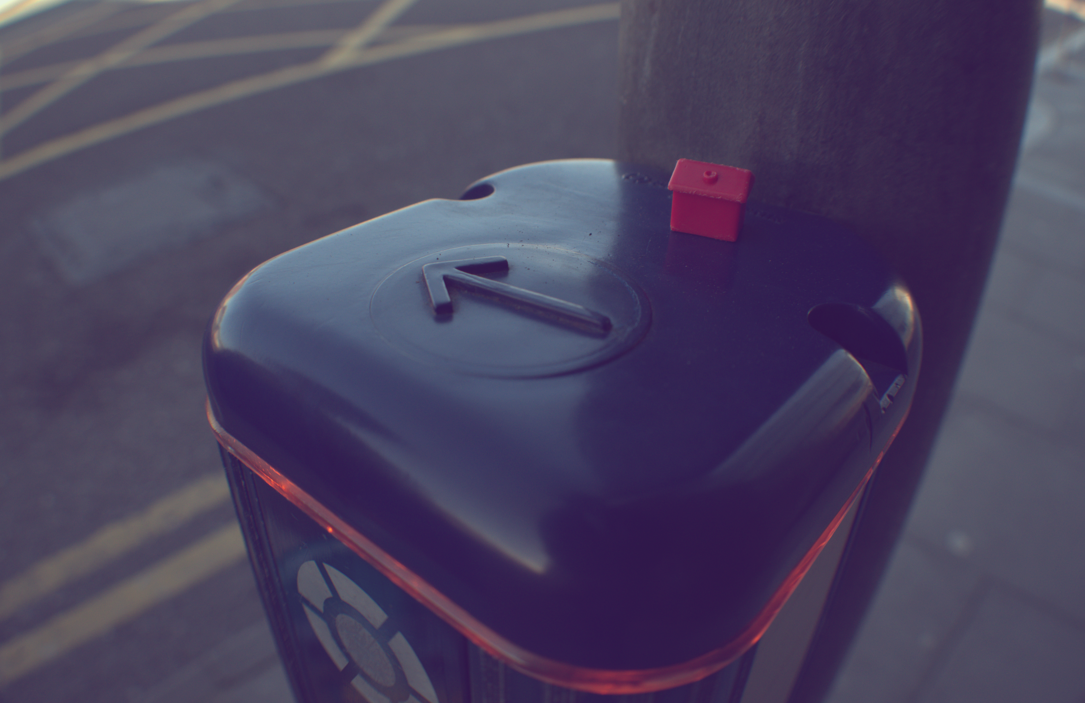The housing crisis in the face of Covid-19
Following last month’s thoughts on homelessness, we want to have a closer look at the current housing crisis in Ireland and see if and how it has been affected by Covid-19.
When looking at housing in Ireland, it becomes clear that we are facing challenges on all levels, from buying or renting a home to adequate student accommodation, the role of short-term lets, and increasing figures in homelessness as seen in previous years.
To start, let’s look at just one figure: When it comes to renting an apartment, around this time last year, Dublin was the most expensive city in the entire European Union. And while rents in Dublin have slightly decreased since the start of the pandemic, they have further increased in all other parts of the country despite the economic damage caused by Covid.
Similarly, house prices actually stayed stable contrary to predictions at the start of the pandemic. While construction activity went down due to lockdown restrictions which further reduced supply, demand increased in many areas, partly as a consequence of remote working. This week was reported, that we now have the lowest number of available houses in the market in over a decade.
How did we get here?
House prices and rents were at a historic low during the aftermath of the financial crisis, but both have seen a constant increase in the last 10 years and are now at an all-time high. This makes it impossible for many people to rent their own place, or to save money for a mortgage.
This high cost of housing in Ireland is having an immensely negative impact on people’s lives, especially on the lives of the younger generations. Students and young professionals are often in no position to become independent, as even purpose-built student accommodation is in many cases completely unaffordable for students. In fact, at 54 percent, Ireland has one of the highest rates in the EU of 18–34-year-olds that still live with their parents, while this figure drops too low single-digit numbers in countries like Austria.
One reason why housing is so expensive in Ireland is simply that not enough new homes are being built.
Irish Times columnist David McWilliams argues that the current estimates on which the Government is basing its housing strategy are conservative at best, and that, if we want to be more realistic, we will need to build twice as many homes as currently planned. Alas, Ireland depends nearly entirely on the private sector to fix the housing crisis. Successive governments, for their part, have focused on introducing programs that are promoted as enabling people to buy a home while in fact they are only designed to justify an already overpriced market, inflating prices even more.
What Ireland can learn from other European countries
In many European countries, housing doesn’t solely focus on profits for landowners and developers. The only solution is for the Government to provide public housing on a massive scale. Countries like Austria, Denmark and the Netherlands have had very good experiences with housing co-ops, a model where land speculation is taken out of the equation and, hence, housing costs can be kept at a truly affordable level. This approach has already been tested in Ireland – at a very low scale – and proven to be successful.
Ireland is also quite different to the rest of the EU when it comes to the composition of its existing housing stock. Compared with other European countries, Ireland has an unusually low ratio of apartments, which, according to Trinity College Dublin economist Ronan Lyons, is the single biggest factor driving the current crisis. But instead of building affordable apartments, we are building hotels, offices, and co-living schemes, which again are all geared at yielding a maximum profit, not even to mention that their viability is rather doubtful in the face of Covid.
Dereliction
At the same time, there are about 4,000 empty housing units above shops in the Dublin area alone that are unused. But Dublin is not alone in this regard, as high vacancy rates are a common theme in towns and cities across the country. This not only means that we are not building enough homes but also that we are not even using the ones that are already built.
In many cases, vacancy eventually leads to dereliction. David McWilliams estimates that there are nearly 200,000 vacant or derelict buildings in Ireland, which is close to 15 per cent of the total stock. Many of these properties are situated in prime city centre or town centre locations where they are urgently needed to rejuvenate our urban communities. In Cork, there have been 11 buildings collapsing in the city over the course of the last two years. The key problem is that vacant or derelict sites are not properly taxed in Ireland which leads to land and property hoarding. Land hoarding increases the value of land, which then adds additional costs to housing developments, and property hoarding removes existing properties from the available stock, hence increasing rents.
We need to reverse this trend. The best way to do so would be to properly tax derelict and unused properties so it becomes unviable to withhold them from the market. Where necessary, councils should issue Compulsory Purchase Orders if it serves the common good of the community.
The Rental Market: Long-term versus short-term
Renting in Ireland can be a challenging situation. On the one hand, it is often even more expensive than buying. While the government introduced Rent Pressure Zones as a way to limit ever-increasing rents, it has been shown that they don’t work. Rents in Galway, for example, continue to rise at a rate above 4% making it now the second most expensive Irish city in which to rent an apartment. On the other hand, there is a lack of adequate tenants’ rights: Recently, people even were illegally evicted despite the Government’s eviction ban during Covid-19.
But renting doesn’t have to be like this. A leading example from Europe is the so-called Vienna model: a cost rental model with a strong focus on public housing that offers tenants low rents and long-term tenancies, which guarantees not only affordable housing but also (financial) safety and stability. Here again, high profits for developers and landowners are not part of the equation.
The rental market comes under further pressure from companies like Airbnb. As a consequence of its business model, available properties are being removed from the long-term housing stock which makes rents go up in cities like Dublin, Cork, and Galway. However, Irish cities are not alone. In fact, Airbnb has a negative impact on housing markets in countries all over Europe. Many properties that were previously solely used as short-term rentals re-entered the Irish long-term rental market due to the near-complete halt of international travel and tourism during Covid-19. The question remains, if those properties will again be used as short-term rentals, once we move out of the lockdown and tourist numbers recover.
Conclusion
Solving the housing crisis requires a big change of mindset. Overpriced housing has a detrimental effect on people’s lives. Fair prices will play an integral part in creating more sustainable and socially stable communities and will increase people’s quality of life.
We believe that the State must provide public housing on a much bigger scale than it currently does, and it needs to introduce better legislation to protect tenants. There are successful alternatives that we can adopt from our European neighbours. Furthermore, we need to rebuild our urban heritage, bring empty housing units back into the market, and make sure that we use space as efficiently as possible.
Densifying Irish towns and cities, combined with high-quality public transport links, will help build more sustainable and healthier communities.
Next month, we will have a closer look at sustainability and how we can re-imagine our cities. Stay tuned!

